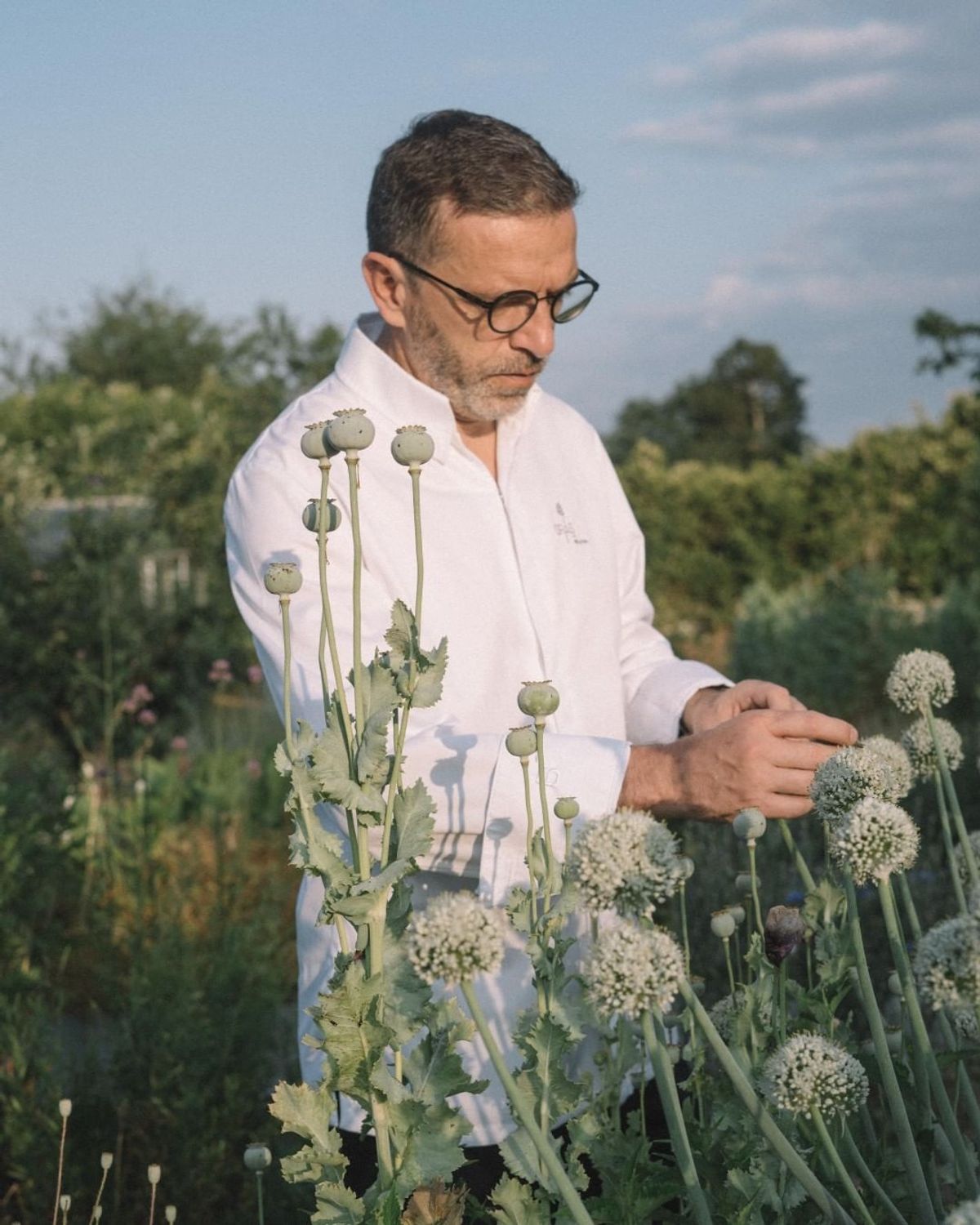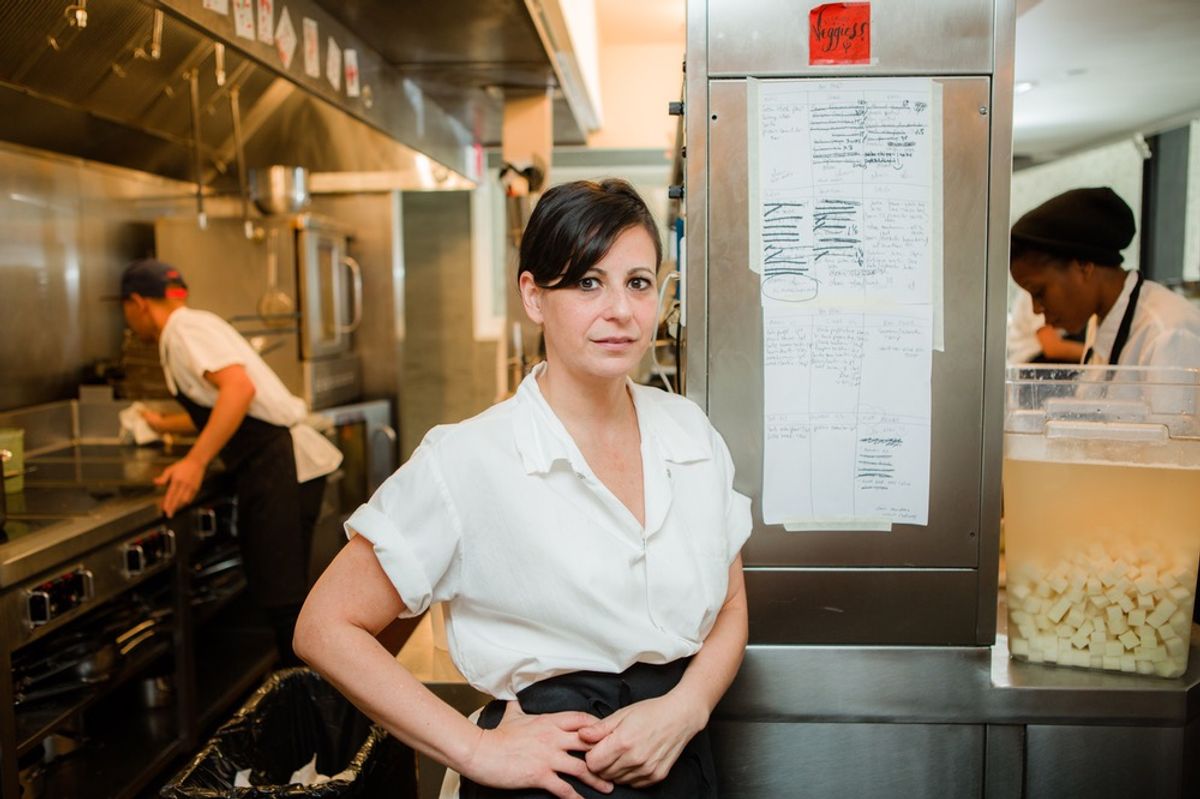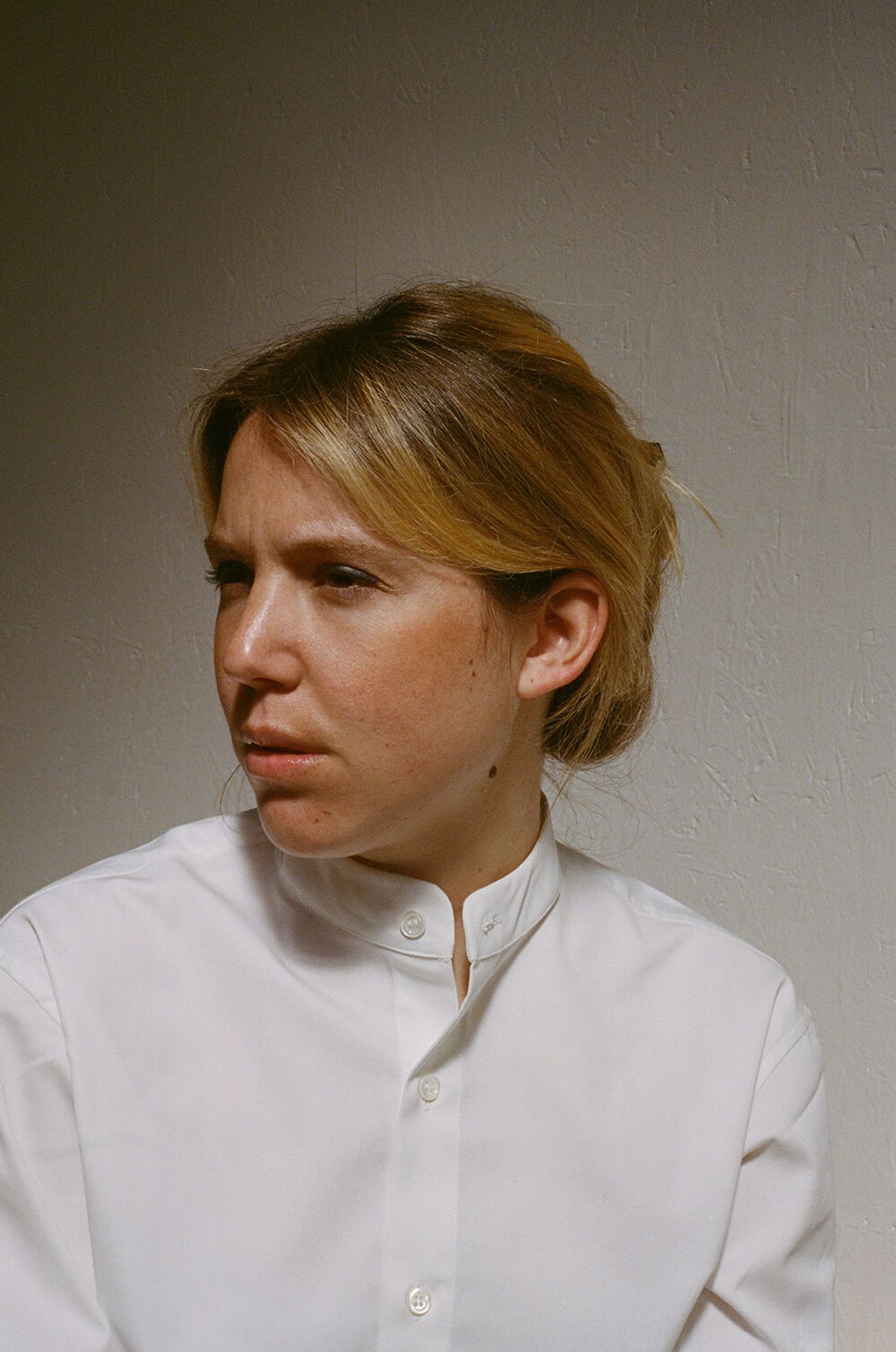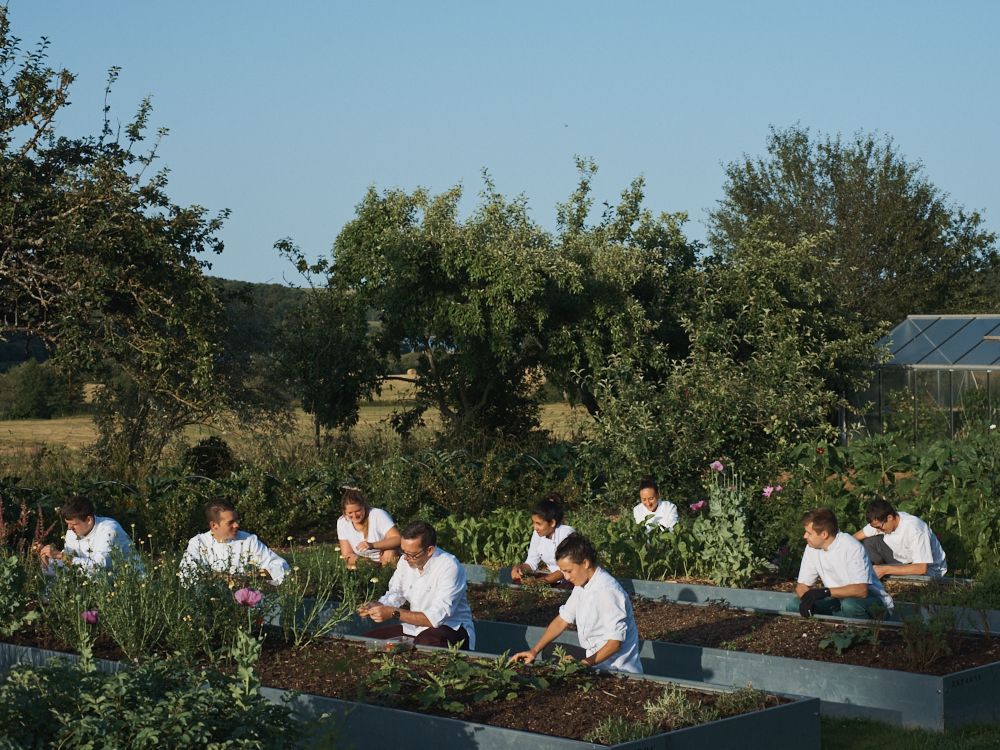The very vocal protests of longtime meat-lovers would almost be enough to convince you that vegetarians and vegans have imposed a totalitarian regime in the culinary sphere. In January 2021, the Michelin Guide awarded a star to a meatless restaurant for the very first time (ONA, run by self-taught chef Claire Vallée), and you would think that terroir itself had been assassinated! “Victory for the veganstremists!” cried all those who couldn’t see past the tip of their sirloin steak… They still appeared to be suffering a few months later when the American website Epicurious laid out its plan to stop publishing new beef-based recipes for sustainability reasons. Then on March 3rd, Daniel Humm – chef of the legendary restaurant Eleven Madison Park – announced via open letter that his three-Michelin-star New York establishment would reopen post-lockdown with an entirely vegan menu – prepared with no honey, milk or eggs whatsoever –, citing similar concerns. And yet that particular culinary institution is less known for its beets roasted in clay pots than for its pork tenderloin served with fermented peppers and dried lime – even if the latter dish can still be ordered if you reserve one of the restaurant’s secret tables with an Amex Gold card, according to the New York Times.
But when the land of McDonald’s appears to be outpacing the land of gastronomy (an admittedly self-proclaimed title these days), it might be time to start asking some hard questions… and attempting to answer them with insights from Amanda Cohen and Sébastien Bras, the pioneers of plant-based cuisine on either side of the Atlantic, and Manon Fleury, the young chef who is bringing the green revolution to French gastronomy.

Sébastien Bras, Le Suquet (located in the village of Laguiole)
“When I was younger, in the 1980s, I would rifle through the crates of vegetables that had been cut and cooked à l’anglaise for the Gargouillou [his father Michel Bras’ signature dish, which contains up to eighty seasonal vegetables, editor’s note]. At the time, this was a very innovative concept and we only featured it on the menu from time to time. My father also served a vanilla-flavored bean terrine for dessert, which I found quite strange. I had been trained at the Institut Paul Bocuse, in Lyon, where plant-based dishes had long been sidelined in favor of meat-based ones. One day, we were tasked with creating a deeply personal menu, and I served sprouted grains as an appetizer. My father had been working with them for a long time, but I could still feel my instructors’ eyes popping out of their heads!
My approach as a plant-based chef was deeply influenced by my first trip to Japan when I was twenty-five years old. I had been very eager to explore this culinary culture, but once I arrived, I felt totally lost… I didn’t understand anything! Very little seasoning, whereas in France, we tend to over-salt everything; ingredients served raw… I’ve had the opportunity to return to Japan regularly since then, gaining a better understanding of the Japanese approach to cooking in the process and meeting producers – of miso, in particular. I began introducing miso into my cuisine little by little, without mentioning it on the menu, otherwise people would have taken me for the local Laguiole nutjob! Eventually, I ended up making my own miso from locally-grown lentils.
My father and I have been dedicated to making plant-based cuisine for forty years now. We have a large garden located fifteen minutes from the restaurant, and every morning we harvest our own produce from it. We’ve always served a vegetable-based menu. The winds of change are slowly picking up, but we’re seeing a real underlying trend, especially among men! We’ve noticed a change in mentalities, a willingness and a desire to try news types of cuisine.”

Amanda Cohen, Dirt Candy (New York)
“I trained twenty-five years ago: back then, if you made a meatless dish, people would ask you ‘where’s the protein?,’ as if they were going to die from malnutrition. When I opened Dirt Candy in 2008, my goal was to celebrate vegetables. There wasn’t a single restaurant in New York doing that at the time. Moreover, lots of people tried to dissuade me from doing it. It was a restaurant with eighteen covers that served exclusively vegetables, and everyone thought we were going to fail – myself included. The media has long mocked Dirt Candy, but I persevered and, thirteen years later, we’re still here, whereas other restaurants that opened around that same time have gone belly up, and most of the food critics have left the business. That proves that we were doing something right!
Vegetarian cuisine is increasingly recognized, but paradoxically, vegetarian chefs are not. The media continue to praise chefs who work with meat. Young vegetarian chefs don’t get the same exposure, not to mention the restaurants that serve vegetarian cuisine from other cultures. Truth be told, the people featured in the media today are the same ones featured thirteen years ago. Speaking more broadly, every time I read that such and such great male chef has done something extraordinary, I learn the next day that a woman has already done it. Male chefs continue benefiting from greater media coverage, which guarantees them more awards and therefore greater access to large financial investments. What gives me hope is all these women who continue making inroads in this sector, who don’t care about the obstacles, who just push ahead and get the job done.”

Manon Fleury, a nomadic chef with stints at Le Mermoz and Elsa under her belt, to name a few…
“It’s a very symbolic move for one of the best restaurants in the world to have gone vegetarian! It lends a sense of legitimacy to the plant-based world that we should be moving towards, and it shows that a customer base for such a world exists.
I’ve always felt more of an affinity for fruits and vegetables, and I tend to cook what I like to eat. French gastronomy still places too much emphasis on animal proteins, so I’m trying to reverse that trend on my menus by offering 70% plant-based fare. Why? First of all, since we are omnivores, we can easily sustain ourselves primarily on vegetables, grains, and the likes. And second of all, we need to develop an appreciation for cuisine that is both indulgent and healthy. In France, we tend to dissociate the two.
At Elsa, where there is only one meat-based dish for every fifteen dishes, we encounter the occasional reluctant customer, but we don’t have many issues on a daily basis. And even though we don’t emphasize the fact that we serve mainly vegetarian dishes, our dishes are still focused on a specific ingredient and our customers are mindful and appreciative of that. In France, there’s still some resistance linked to the patriarchy, if you ask me: it’s always the same reactionary individuals who insist upon the importance of a good ribeye steak, and that we can’t possibly survive off of vegetables alone. Luckily, the younger generation is a lot more open-minded when it comes to this subject and mentalities are changing.
As chefs, our role is both to educate and to influence. We must also reinvent ourselves, open ourselves up to other cultures or other cuisines that have been labeled ‘humble’ because their main building block for a meal is a grain and not a meat. We need to rely on resources that demonstrate that historically, human beings around the globe haven’t sustained themselves exclusively on prime rib.”

